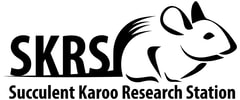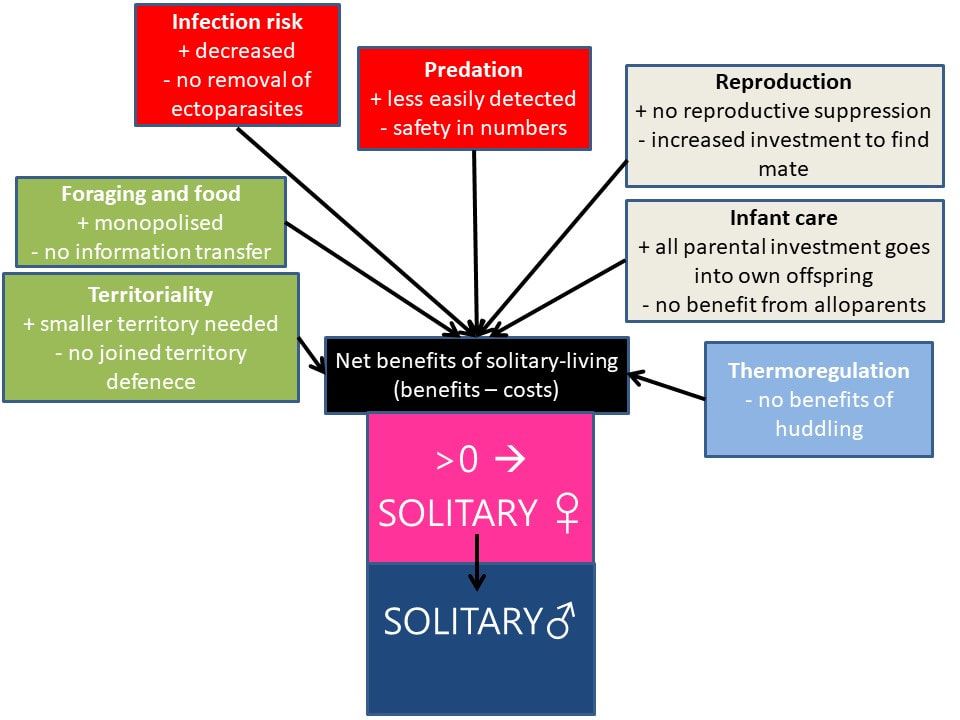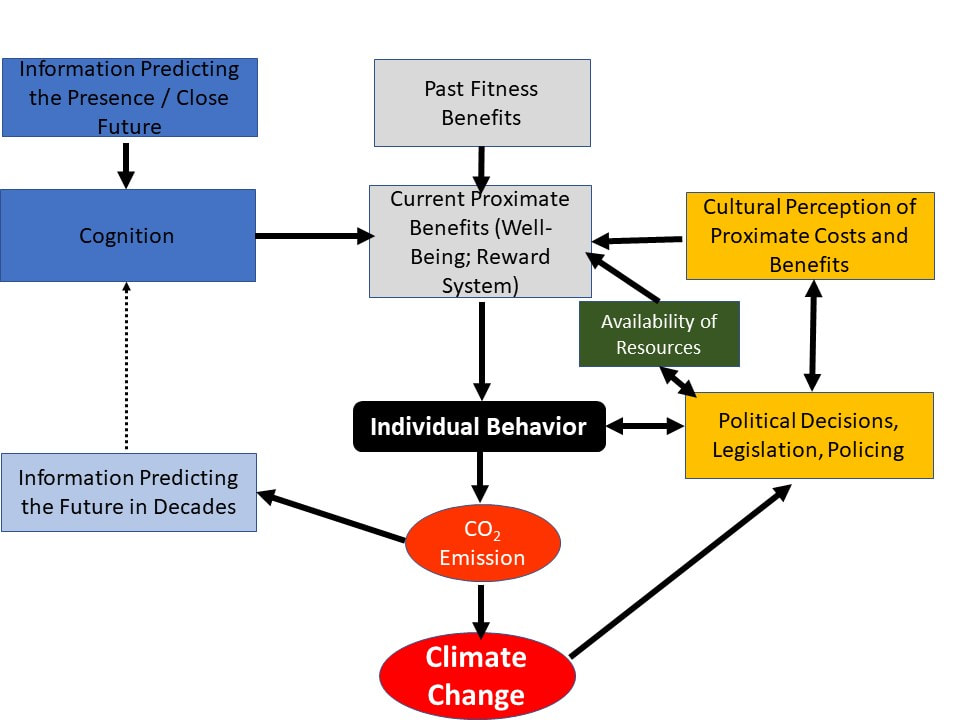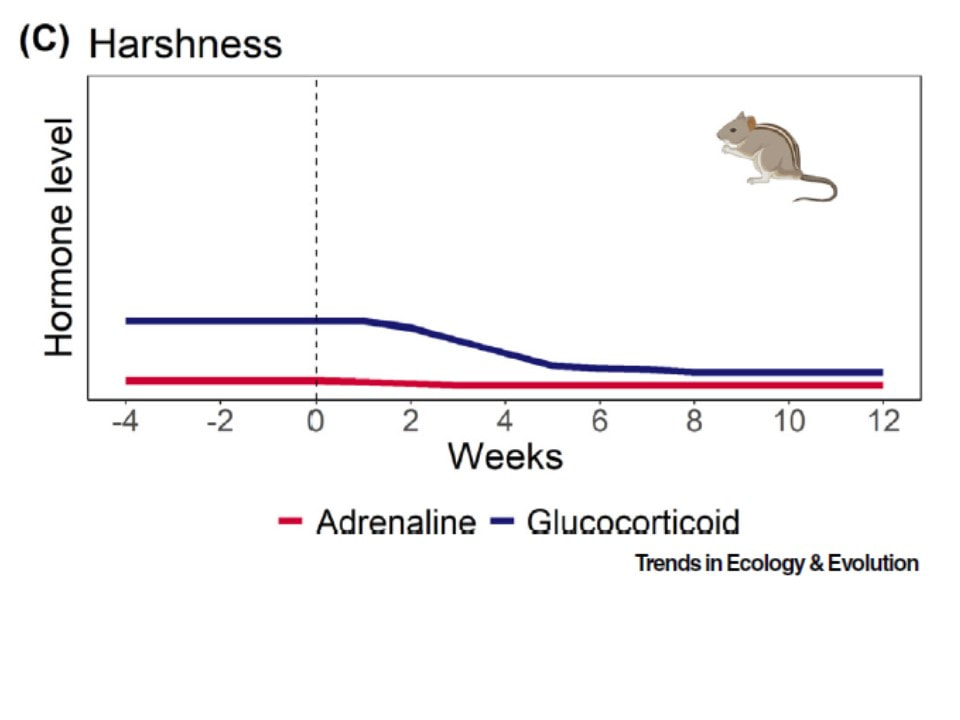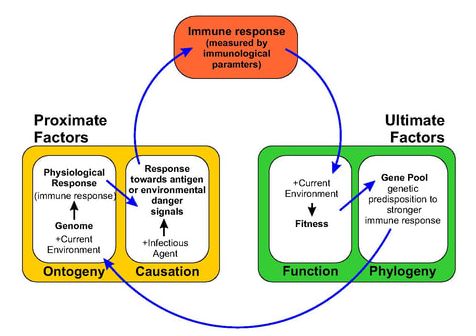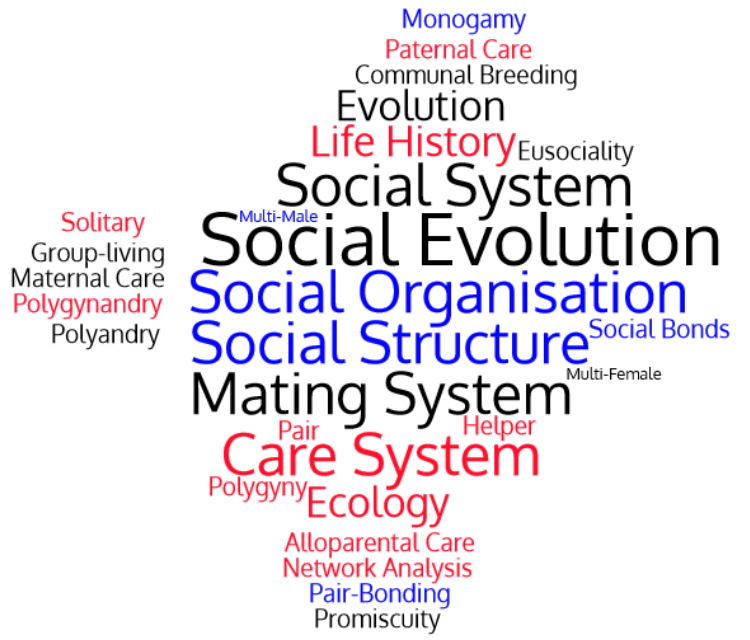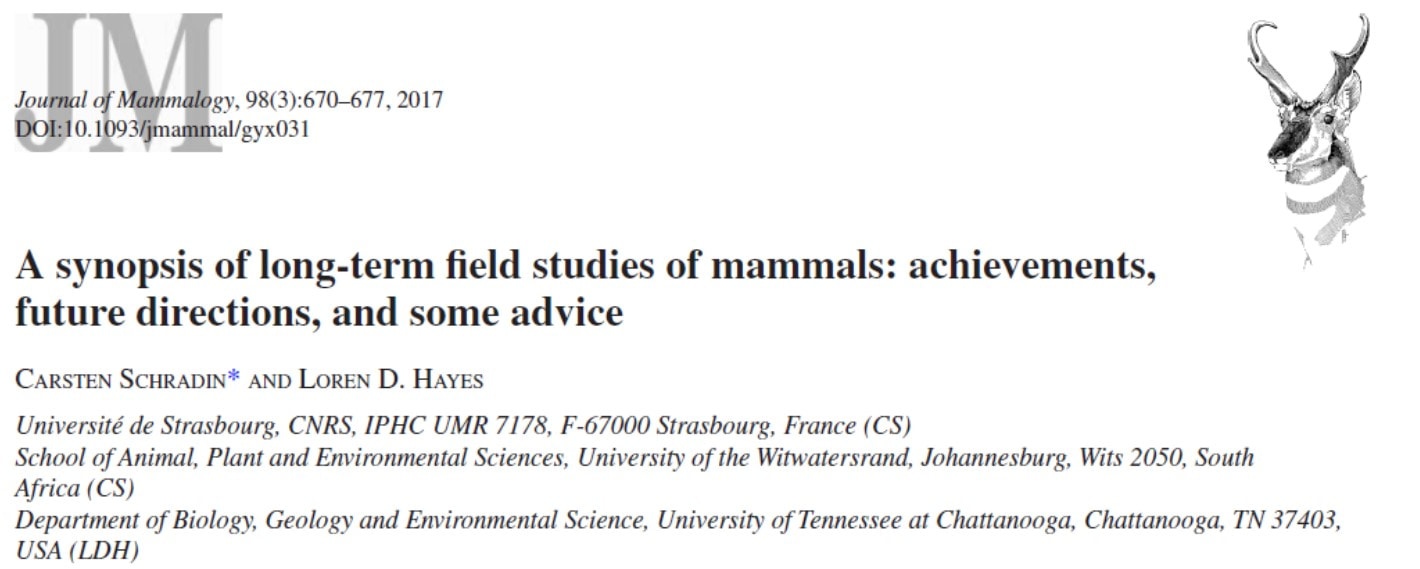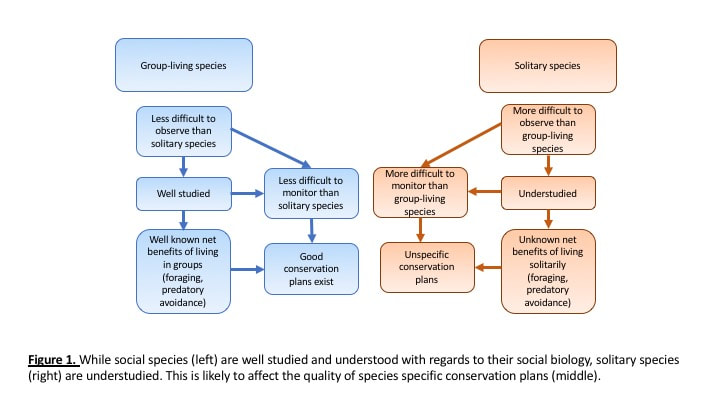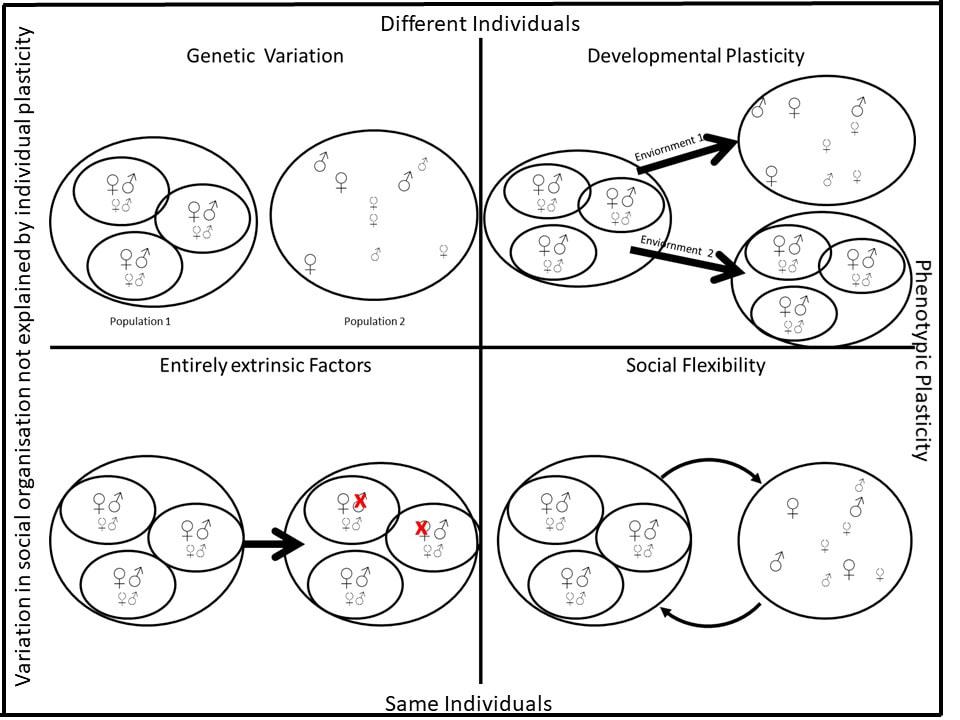Our work has both theoretical impact and informs society
THEORY: Our studies develop theory of social evolution and make precise predictions for future comparative studies.
SOCIETY: Our evolutionary and ecological understanding of the world and of human nature can help us to better understand the problems humankind is facing, for example by coming to an evolutionary understanding of chronic diseases or by understanding why humans fail to act in the crises of the Corona pandemic and global warming to act for the benefit of society, instead focusing on reducing their own costs.
SOCIETY: Our evolutionary and ecological understanding of the world and of human nature can help us to better understand the problems humankind is facing, for example by coming to an evolutionary understanding of chronic diseases or by understanding why humans fail to act in the crises of the Corona pandemic and global warming to act for the benefit of society, instead focusing on reducing their own costs.
main results
Costs and Benefits of Solitary living
While for decades behavioural ecologists have studied the costs and benefits of group living, solitary living has received little attention. Comparative studies on mammals indicate that solitary living might not be the ancestral but a derived state. Solitary living in mammals is less common than previously believed, occurring in 22% of the studied species.
Corona, Climate Change and Evolved Human BehaviorMost scientists agree that we have to restrict climate change, but there is much frustration that we are failing. The Corona Crisis exemplified how human behavior is constrained by its evolution, cognition, and resource availability, explaining why we don’t act to avoid climate change for the benefit of future generations.
|
Harshness is not stress
We must differentiate between stressful and harsh environments to understand animals’ resilience to global change. Harshness is not stress. Stressful environments activate the physiological stress response to increase energy availability, while harsh environments inhibit the physiological stress response to save energy.
Evolutionary Medicine
We emphasize that our human aim is not to increase evolutionary fitness but to reduce suffering and costs of public health. Thus, medical research might be most successful in diseases that have no lifetime fitness cost, as otherwise evolution would already have acted against it, which should affect the decision where to invest research . We conclude that for a comprehensive understanding of the pathophysiology of a disease, its fitness consequences and its evolutionary history should be considered.
See also here! |
International Remote Seminar on Frontiers in Social Evolution (FINE)
This seminar series was started during the Corona pandemic and afterwards maintained.
Learn here how it can be used to improve teaching at university. long-term field studies in mammals
Among others, here we review the life-history of long-term studies.
|
Global Change and Conservation of Solitary Mammals
Understanding the constraints and the adaptive value of solitary living is important to understand how solitary mammals will be affected and can respond to the different aspects of global change.
Intra-specific variation in social organisation by genetic variation, developmental plasticity, social flexibility or entirely extrinsic factors
|
